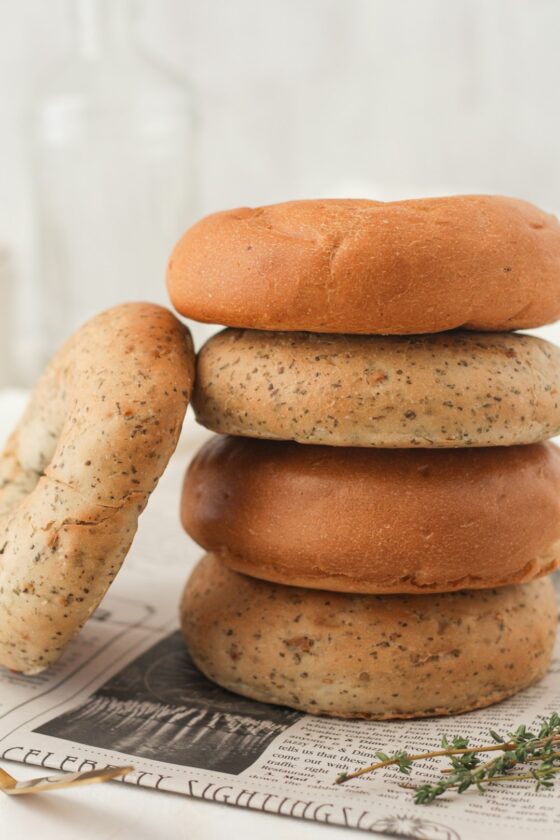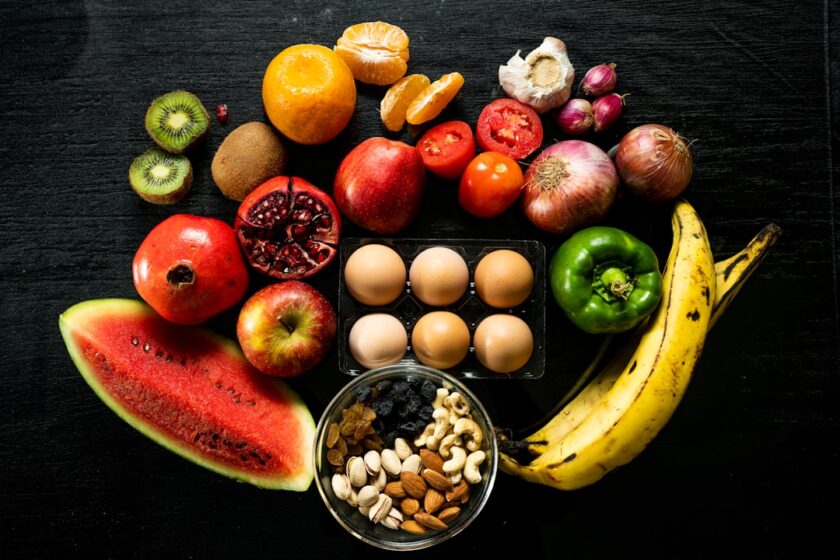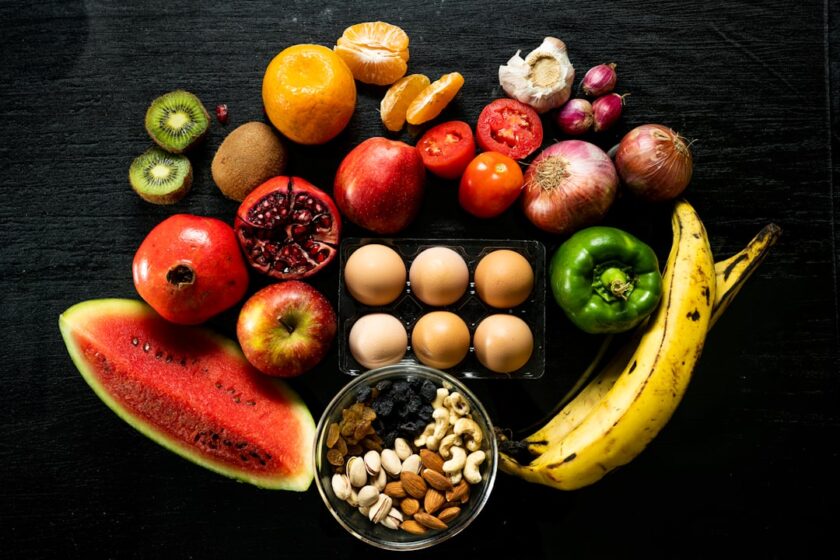Introduction
When it comes to fueling your body, protein plays a crucial role, especially for those leading active lifestyles. Not only does protein help in muscle repair and growth, but it also supports overall body functions. In this listicle, we will explore the best protein foods that can help you achieve your health and fitness goals.
1. Lean Meats
Lean meats are excellent sources of high-quality protein that are low in saturated fats. Here are some top choices:
- Chicken Breast: Approximately 31g of protein per 100g, it’s a lean option for muscle building.
- Turkey: Contains about 29g of protein per 100g, a fantastic alternative to chicken.
- Lean Beef: Offers around 26g of protein per 100g, plus it’s high in iron.
- Pork Tenderloin: Provides about 26g of protein per 100g and is very versatile in cooking.
2. Fish and Seafood
Fish and seafood are not only great protein sources but also offer several health benefits, including omega-3 fatty acids.
- Salmon: Around 25g of protein per 100g, it’s rich in omega-3 oils.
- Tuna: Contains about 30g of protein per 100g and is perfect for quick meals.
- Shrimp: Offers approximately 24g of protein per 100g and is low in calories.
- Mackerel: Approximately 25g of protein per 100g, along with healthy fats.
3. Eggs
Eggs are a powerhouse of protein and nutrients, making them a staple for many fitness enthusiasts.
- Whole Eggs: One large egg contains around 6g of high-quality protein.
- Egg Whites: Nearly all the protein content, with approximately 3.6g per egg, makes them a favorite for those watching fat intake.
4. Dairy Products
Dairy is rich in protein as well as calcium and other essential nutrients.
- Greek Yogurt: Offers about 10g of protein per 100g and is great for muscle recovery.
- Cottage Cheese: Contains around 11g of protein per 100g, perfect for snacking or mixing into meals.
- Low-Fat Milk: Provides 8g of protein per cup, is versatile, and can be used in various dishes.
- Cheese (like Parmesan): Can offer around 35g of protein per 100g, though keep an eye on serving sizes.
5. Plant-Based Protein Sources
For those following a vegetarian or vegan diet, there are plenty of plant-based protein options available.
- Legumes (Lentils, Chickpeas): Lentils provide about 9g of protein per 100g, while chickpeas offer around 8g.
- Quinoa: A complete protein containing about 4g per 100g, plus it’s gluten-free.
- Tofu: Ranges from 8g to 10g of protein per 100g, making it incredibly versatile.
- Tempeh: Contains approximately 19g of protein per 100g and is rich in probiotics.
6. Nuts and Seeds
Nuts and seeds provide healthy fats along with protein, making them ideal for snacks or meal enhancements.
- Almonds: About 21g of protein per 100g, plus they are high in vitamin E.
- Chia Seeds: Offer around 17g of protein per 100g along with omega-3 fatty acids.
- Peanut Butter: Approximately 25g of protein per 100g, it’s delicious and satisfying.
- Pumpkin Seeds: Contains about 19g of protein per 100g, perfect for salads or snacks.
7. Protein Supplements
While whole foods should be your primary source of protein, supplements can help reach your daily needs.
- Whey Protein: Around 20-30g of protein per scoop, it’s quickly absorbed and ideal for post-workout.
- Casein Protein: Offers 24g of protein per scoop, releases amino acids slowly, perfect for nighttime recovery.
- Plant-Based Protein Powder: Typically ranges from 15-25g of protein per serving and suitable for vegans.
8. Incorporating Protein Foods into Your Diet
To maximize your protein intake, consider the following strategies:
- Breakfast: Add Greek yogurt or eggs to your morning meal.
- Snacks: Choose protein-rich snacks like cottage cheese with fruit, nuts, or protein bars.
- Meals: Keep a balance of protein sources at lunch and dinner, mixing meats, legumes, and grains.
Conclusion
Incorporating a variety of the best protein foods into your diet is essential for supporting your fitness and health goals. From lean meats to plant-based sources, there’s an abundance of options to suit every dietary preference. Remember to combine different protein sources for the best amino acid profile and to keep your meals exciting!



